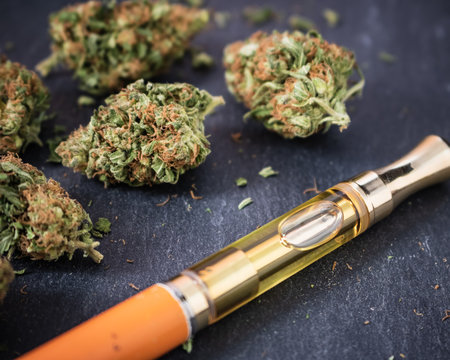From page to palate, Wonka chocolate has taken an unconventional journey that mirrors the whimsy of Roald Dahl’s famous novel. Dahl introduced Willy Wonka and his magical factory in 1964’s “Charlie and the Chocolate Factory,” but it was Hollywood that first tried turning that fiction into something edible.
1971 – Film tie-in
To promote Mel Stuart’s musical adaptation “Willy Wonka & the Chocolate Factory,” Quaker Oats funded the movie and launched the original Wonka Bar in the United States. Production problems—mainly tempering issues that caused bars to bloom—forced an early recall, and the line quietly disappeared.
1980s – The Wonka Candy Company
Breakthrough came when Chicago confectioner Breaker Confections licensed the brand, releasing novelty candies like Bottle Caps and Gobstoppers. Nestlé purchased Breaker Confections in 1988, re-branding it as The Willy Wonka Candy Company and finally giving Wonka a global distribution network. While fruit-flavored novelties (Nerds, Runts, Laffy Taffy) dominated shelves, Nestlé kept experimenting with actual chocolate.
1990s to mid-2000s – Wonka Bars perfected
Nestlé cracked the earlier quality issues by marrying European chocolate know-how with American pop culture. Bars such as Scrumdiddlyumptious (toffee, cookie, peanuts) or Triple Dazzle Caramel mixed textures that echoed Dahl’s outlandish descriptions. Limited “Golden Ticket” promotions—in which five real tickets sent winners on factory tours—further blurred the line between story and reality.
2010 – Wonka Exceptionals
Hoping to upgrade the brand, Nestlé launched Wonka Exceptionals: upscale tablets (Domed Dark, Fantabulous Fudge) wrapped in jewel-toned foils. Although critically praised, sales lagged and the range was pulled from many markets within three years.
2015–2023 – Quiet retirement
Nestlé steadily phased out chocolate SKUs to focus on its core bars (KitKat, Crunch). In 2018 the company sold most U.S. candy brands to Ferrero; Wonka chocolate was not part of the deal, leaving the trademark in limbo. Only the fruity sub-brands—Nerds, Gobstoppers, SweeTarts—survive under Ferrara Candy.
Today
No mass-market Wonka chocolate bar exists, but the brand’s mystique remains potent. Periodic rumors of a boutique revival—and every new “Wonka” film adaptation—keep fans hoping that one day they’ll open a wrapper and find a real Golden Ticket.

